Biomedical Engineering
-
New Disease Testing Component Facilitates Lower-Cost Diagnostics
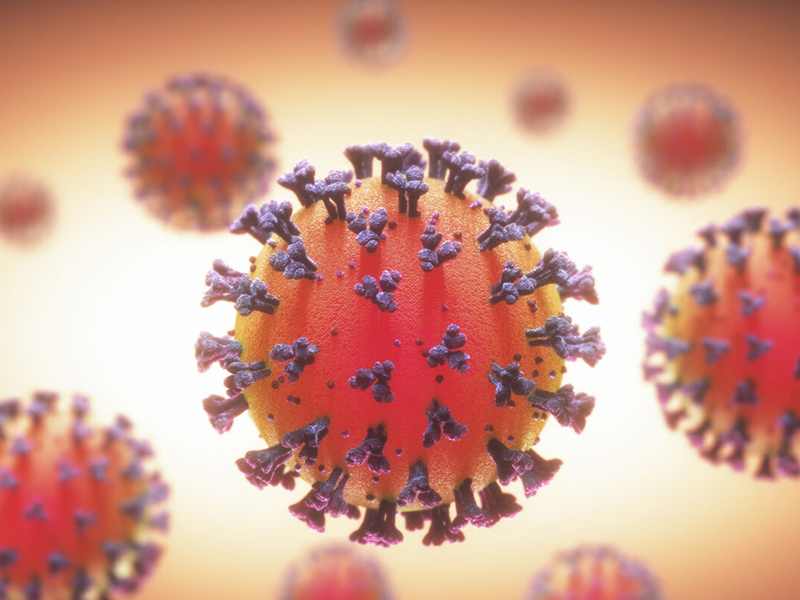
Biomedical researchers from The University of Texas at Austin have developed a new, less expensive way to detect nuclease digestion – one of the critical steps in many nucleic acid sensing applications, such as those used to identify COVID-19 and other infectious diseases.
-
Peppas Featured in First Issue of Nature Chemical Engineering
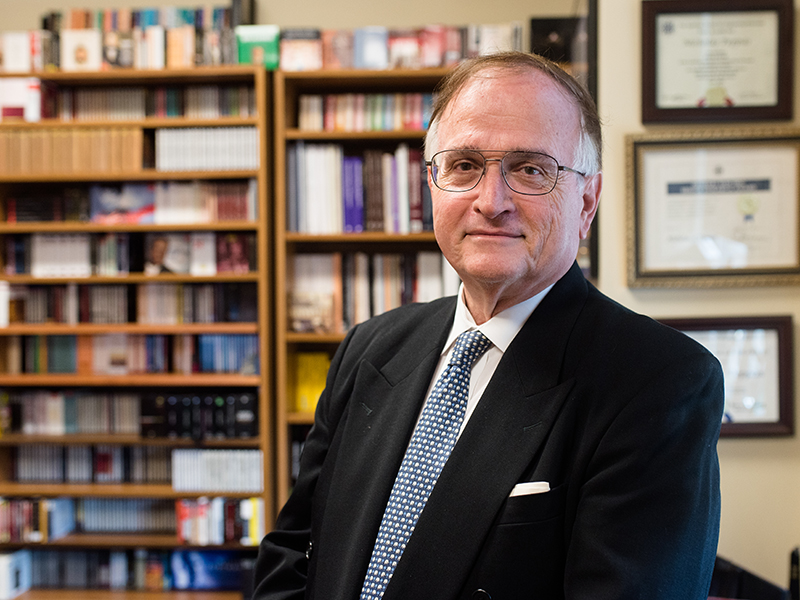
Nicholas Peppas is among a handful of prestigious researchers whose publications were featured in the inaugural issue of Nature Chemical Engineering. The article, A Bright Future in Medicine for Chemical Engineering, is co-authored with Professor Robert Langer from the Massachusetts Institute of Technology.
-
From Portugal to Texas, Researchers Piece Together SENTINEL Puzzle
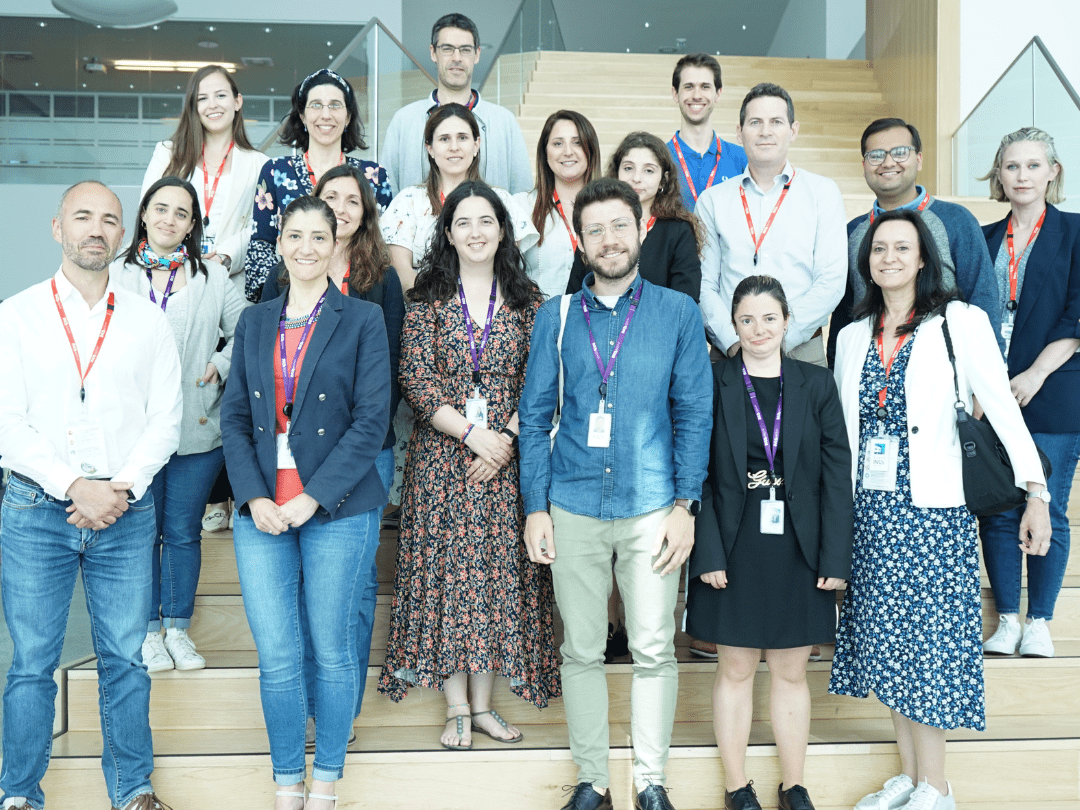
Over the past three years, SENTINEL, a global collaboration that includes Texas Engineering researchers has been developing a new way to monitor patients with prostate cancer. The research effort is one of 11 projects developed through the UT Austin Portugal program, which facilitates collaboration between researchers from The University of Texas at Austin and Portuguese researchers, government organizations and companies.
-
Chest E-Tattoo Boasts Major Improvements in Heart Monitoring
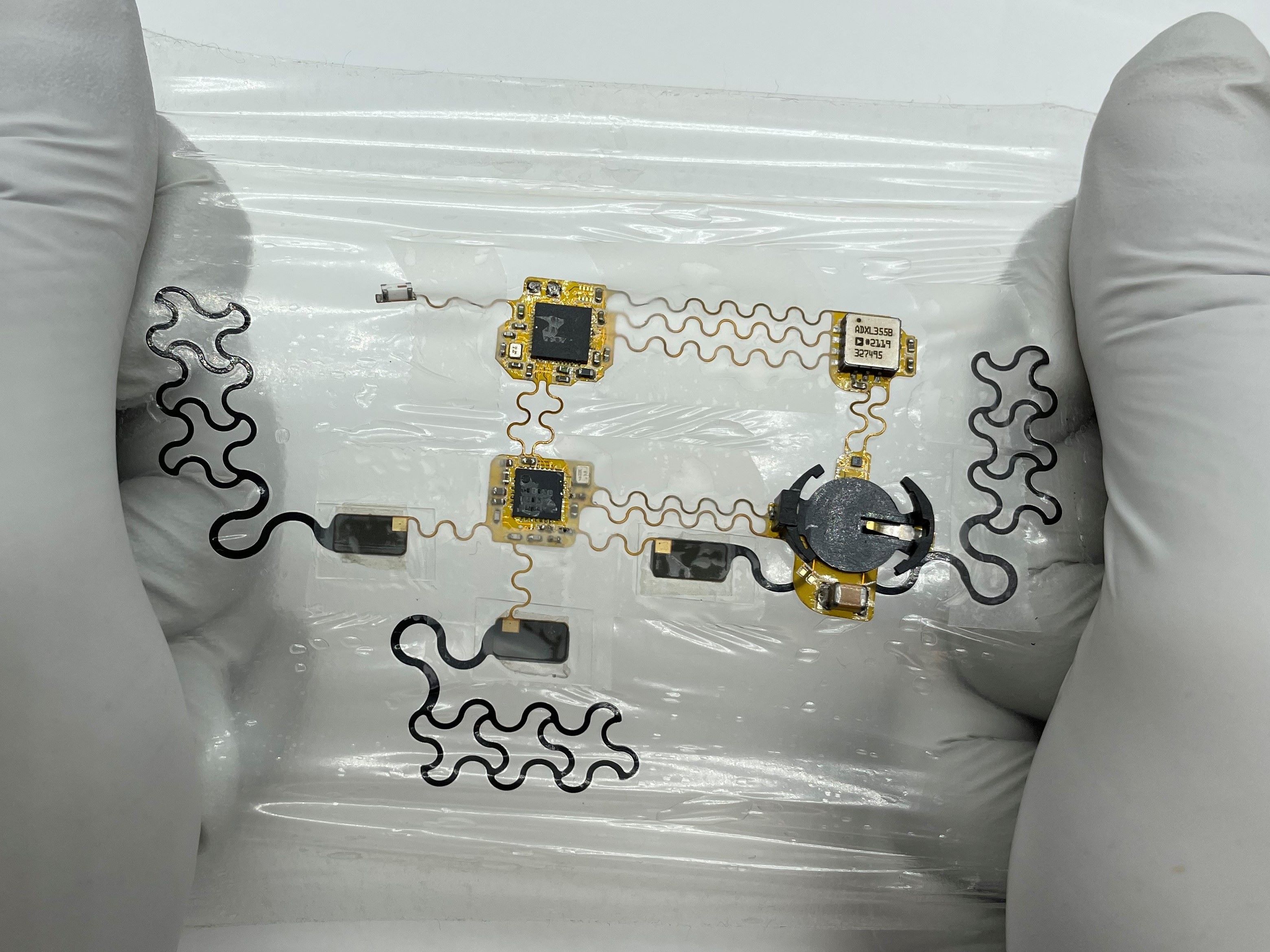
A new flexible, wearable medical device could provide a major boost in the fight against heart disease, the leading cause of death in the United States.
A team led by researchers at The University of Texas at Austin has developed an ultrathin, lightweight electronic tattoo, or e-tattoo, that attaches to the chest for continuous, mobile heart monitoring outside of a clinical setting. It includes two sensors that together provide a clear picture of heart health, giving clinicians a better chance to catch red flags for heart disease early.
-
Graphene ‘E-Tattoo’ Treats Cardiac Arrhythmia
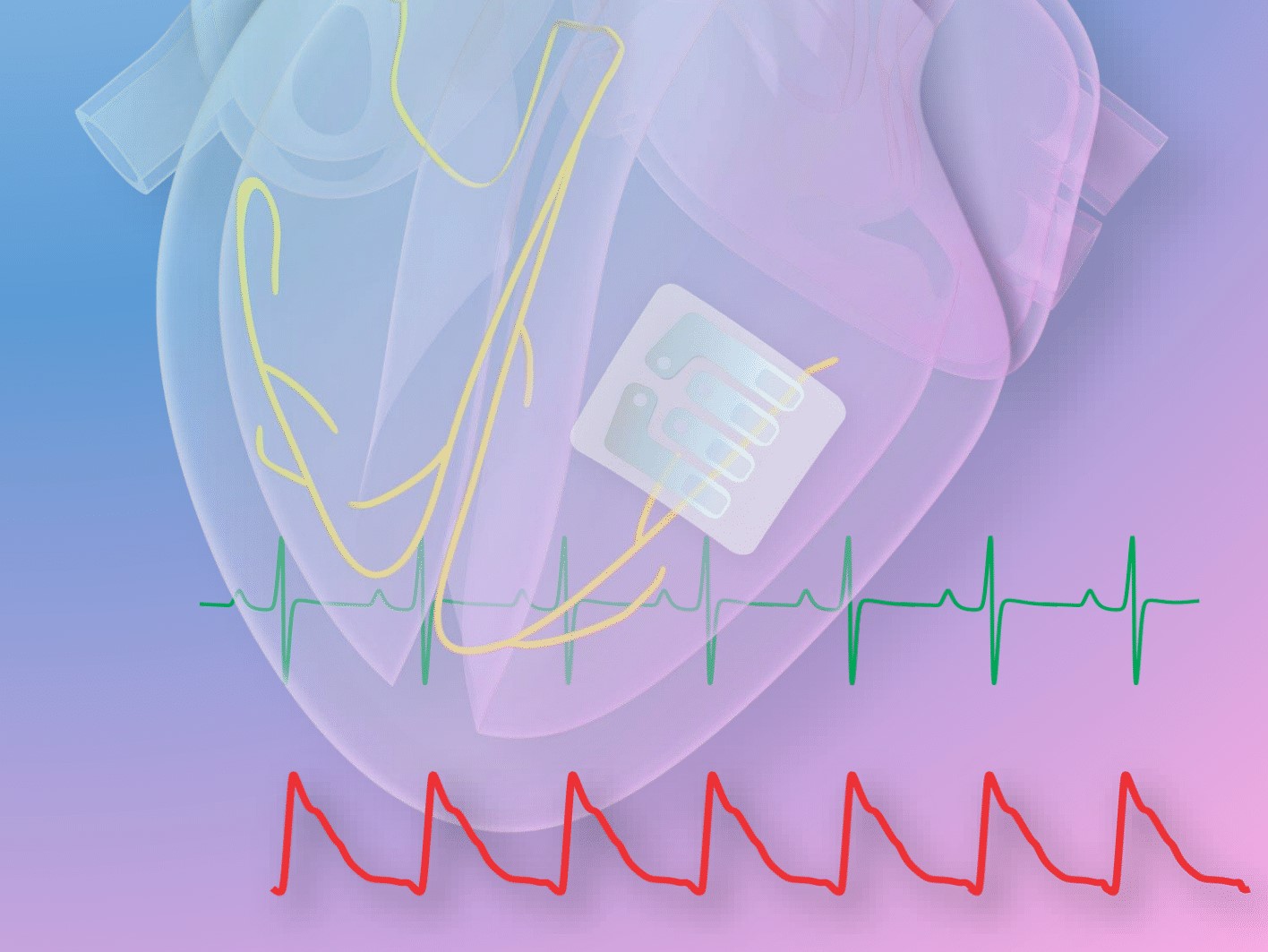
A new cardiac implant made from graphene, a two-dimensional supermaterial with ultra-strong, lightweight and conductive properties, functions like a classic pacemaker with some major improvements.
-
Texas Engineering Student Selected for Goldwater Scholarship
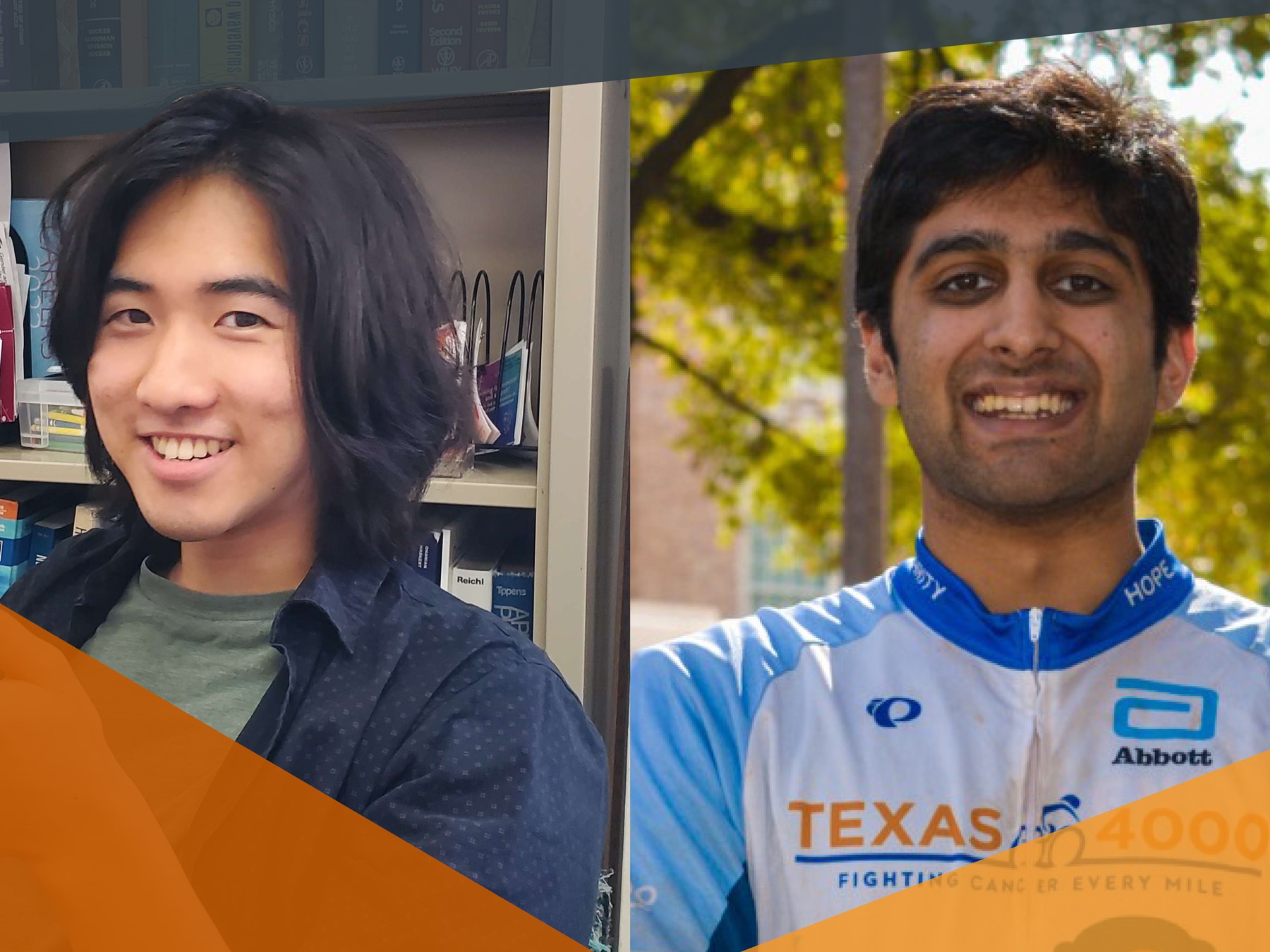
Two University of Texas at Austin students have been named recipients of Goldwater scholarships, the preeminent award for undergraduate students who conduct research in the natural sciences, mathematics or engineering.
-
Surgical Standard for Skin Cancer Removal, Re-Imagined
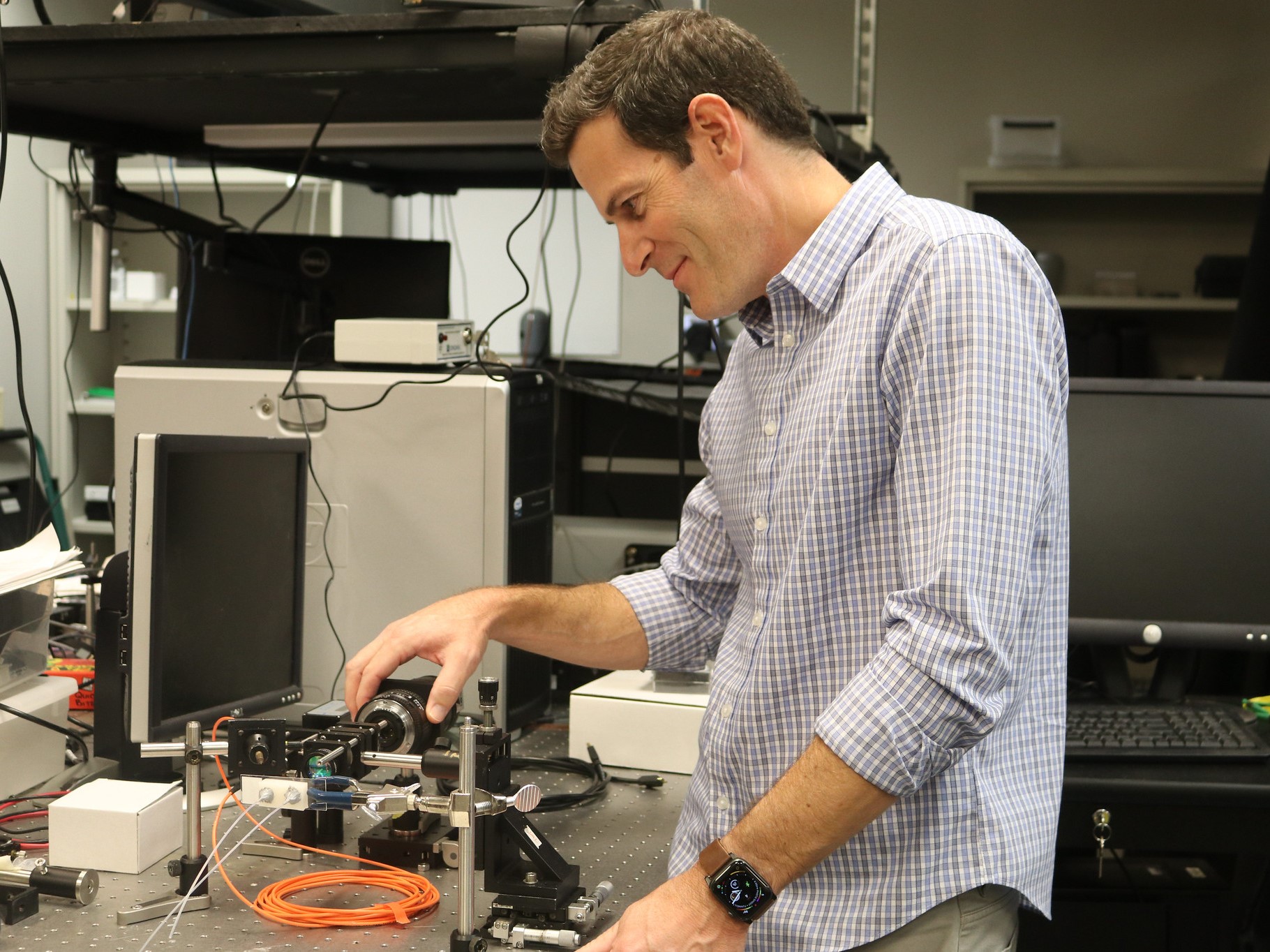
The gold standard for removing benign skin cancers has been around since the 1930s. Although very accurate, it requires a full laboratory next door to the procedure room to determine whether the full tumor has been removed or not. A research group at The University of Texas at Austin is aiming to make that process more efficient and potentially expand access to this type of surgery to a broader population.
-
Protein Discovery Sheds New Light on Cellular Behavior
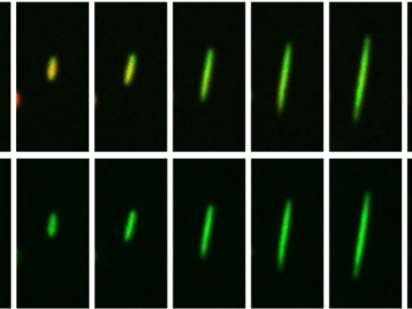
Every living cell is made up of a massive network of proteins. Understanding everything there is to know about them can give scientists essential information about the larger processes that govern everything from how we move to how we think.
-
Texas Engineers Named AAAS Fellows
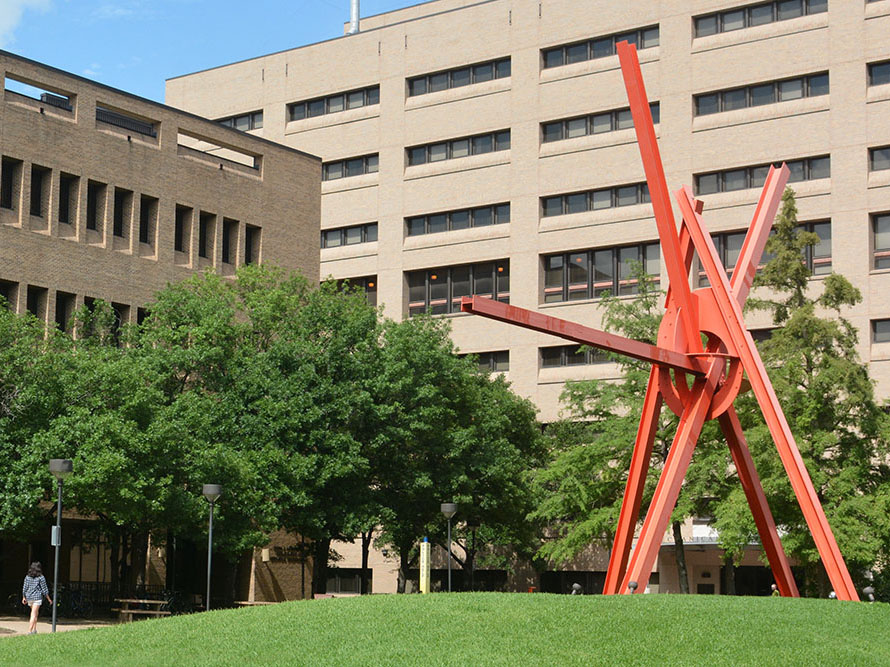
A pair of Texas Engineers have been elected fellows of the American Association for the Advancement of Science (AAAS), the world’s largest general scientific society.
-
Stable Electrodes for Long-Term, Wearable Brain-Machine Interface
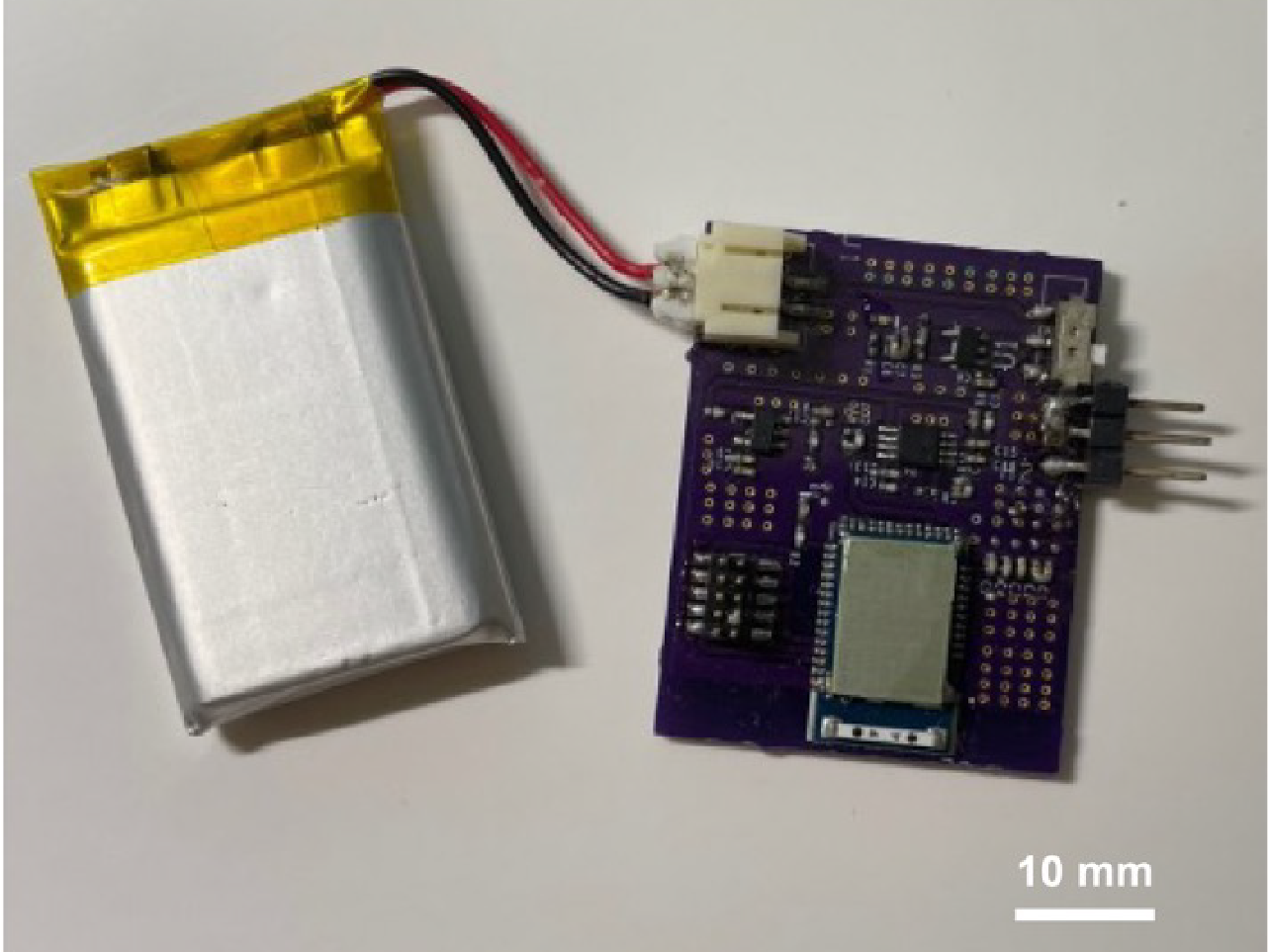
Wearable medical devices are an important part of the future of medicine and a key focus of researchers around the world. They open the door for long-term continuous monitoring of patients outside of the medical setting to give clinicians an accurate picture of what's happening and a better chance to effectively treat their ailments. Researchers at The University of Texas at Austin have developed an electroencefalography (EEG) electrode that patients wear on their head to monitor brain activity. The EEG electrodes system could act as a brain-computer interface (BCI), which can be controlled by brain signals to help repair damage to the brain caused by strokes and other disorders.
-
Nine Texas Engineers Receive NSF CAREER Awards

Nine faculty members from across the Cockrell School of Engineering have earned the National Science Foundation's prestigious Faculty Early Career Development (CAREER) awards. The awards provide up to five years of funding to junior faculty who exemplify the role of teacher-scholars through outstanding research, excellent education and the integration of education and research within the context of their organizations’ missions.
-
Peppas Receives 2022 Biomaterials Global Impact Award

Nicholas Peppas has been honored with the Biomaterials Global Impact Award for 2022, which he received during the 32nd Annual Conference of the European Society of Biomaterials in Bordeaux, France. The award recognizes established researchers in the field of biomaterials who have accomplished great achievement.
-
Interdisciplinary Team Aims to Create Controllable Synthetic Cells and Tissue
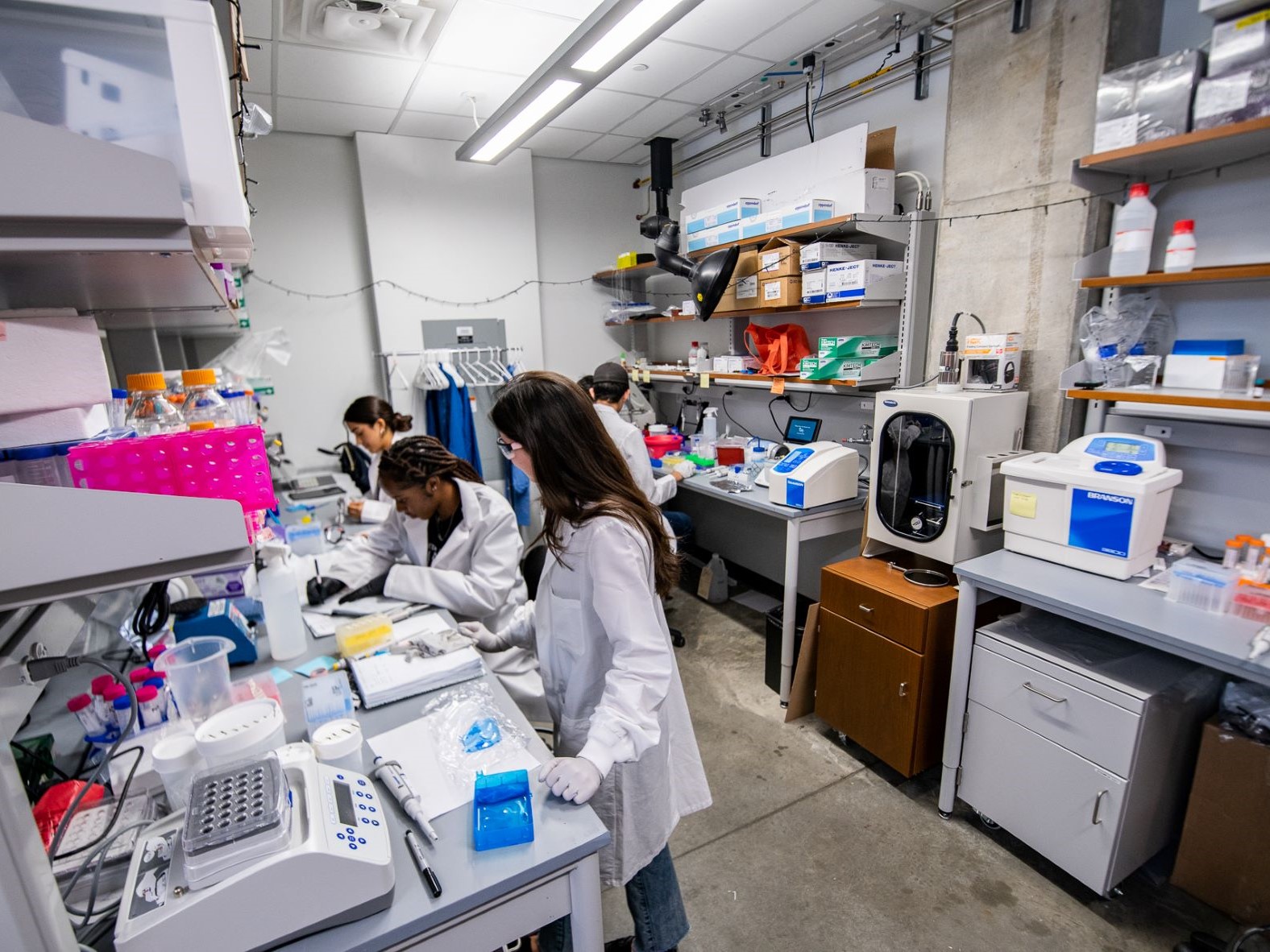
A new grant for researchers across several departments and schools at The University of Texas at Austin aims to establish a new hub of activity to better understand and replicate the skills that cells possess. The grant from the National Science Foundation will support a platform for creating synthetic cells with an emphasis on how they link up and exchange material and information with one another.
-
Tyrone Porter Named New Chair of the Department of Biomedical Engineering
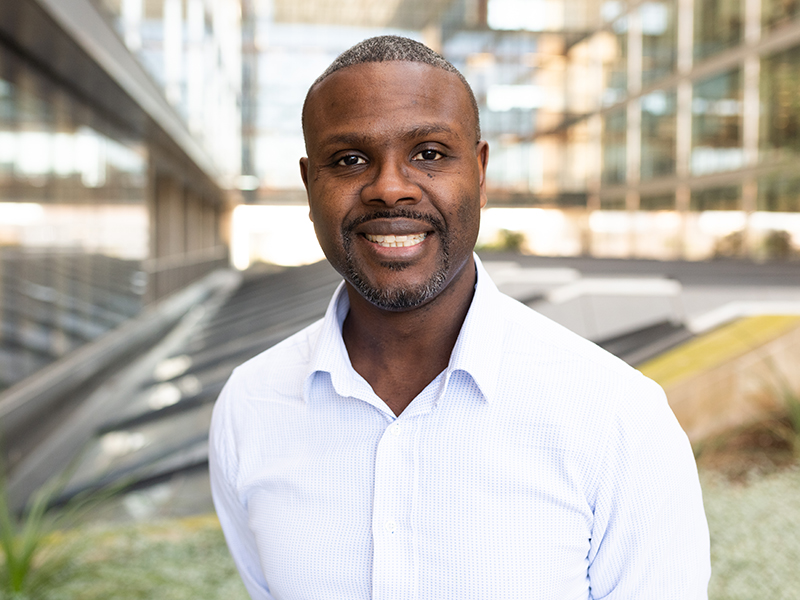
The Cockrell School of Engineering has named professor Tyrone Porter as the next chair of the Department of Biomedical Engineering at The University of Texas at Austin. Porter, who joined the UT Austin faculty in 2020, is an accomplished imaging scientist with research interests that include image-guided drug delivery, ultrasound and acoustics.
-
Engineered Mattress Tricks Your Body to Fall Asleep Faster
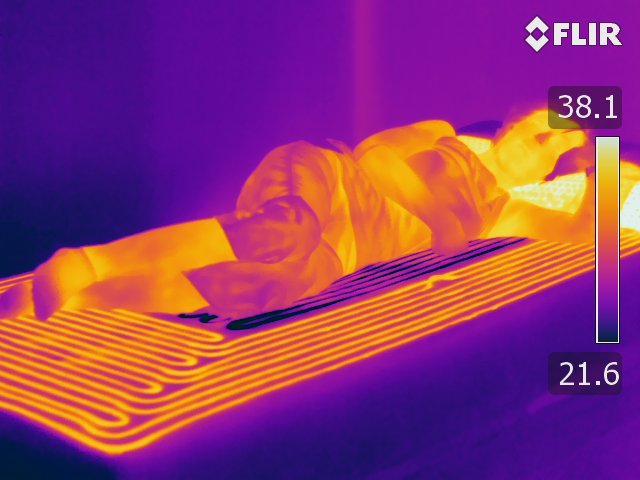
When people feel sleepy or alert, that sensation is controlled in part by the ebb and flow of a 24-hour rhythm of their body temperature. Bioengineers at The University of Texas at Austin have developed a unique mattress and pillow system that uses heating and cooling to tell the body it is time to go to sleep.
-
Protein Discovery Reinvigorates Promising New Therapeutic
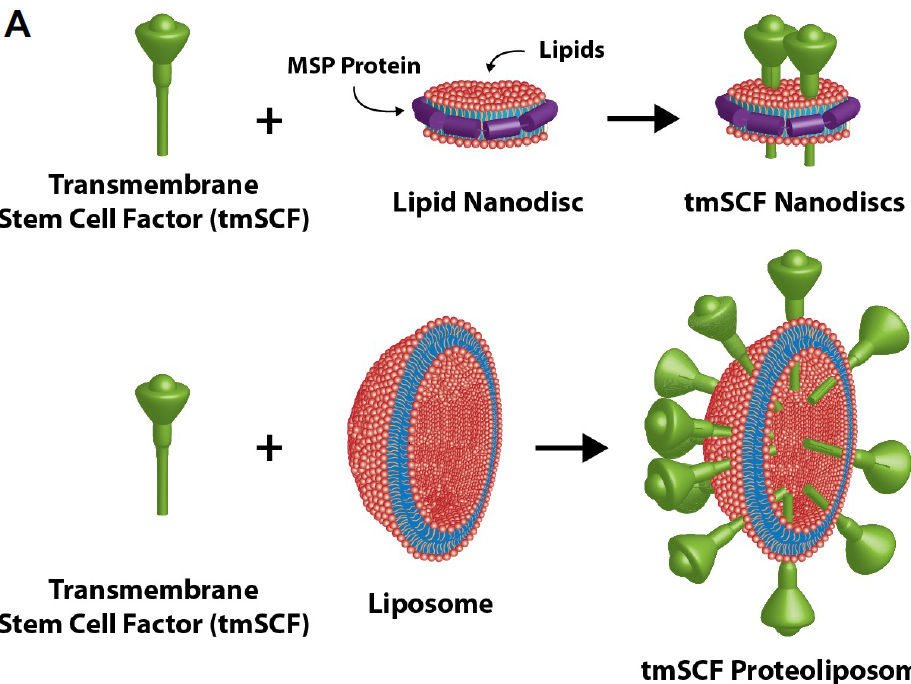
Several years ago, a promising therapeutic using stem cell factor (SCF) emerged that could potentially treat a variety of ailments, such as ischemia, heart attack, stroke and radiation exposure. However, during clinical trials, numerous patients suffered severe allergic reactions and development of SCF-based therapeutics stopped.
A research team led by engineers at The University of Texas at Austin has developed a related therapeutic that they say avoids these major allergic reactions while maintaining its therapeutic activity. The keys to the discovery, published recently in Nature Communications, were the use of a similar, membrane-bound version of SCF delivered in engineered lipid nanocarriers.
-
6 Questions With This Year's Outstanding Scholar-Leader Aidan Weitzner

“The very best undergraduate student with whom I have worked.” “The most excellent student I have encountered in my six years of teaching at UT.” This is just some of the high praise for Aidan Weitzner, this year’s Outstanding Scholar-Leader for the Cockrell School of Engineering. Recognized for her hard work and dedication inside and outside the classroom, Weitzner, a biomedical engineering honors student, graduates with a 4.0 GPA and an MCAT score in the 99th percentile. Her impeccable academic record is complemented by her research activities and leadership experience with the UT Austin Global Health Alliance, Alaska Black Caucus Allies for Change and multiple biomedical engineering lab courses.
-
Women’s History Month: The Impact of Mentorship
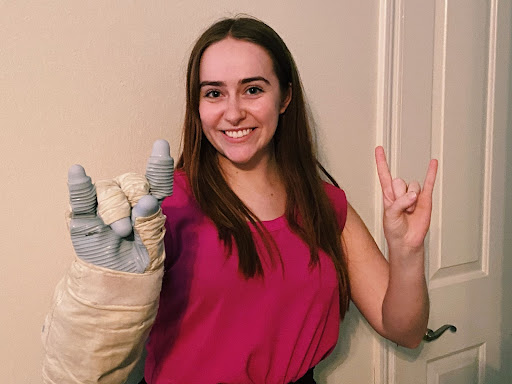
Women’s History Month is a time to highlight and celebrate the extraordinary women whose legacies empower women today in the pursuit of their dreams. “It wasn’t always this easy for women to learn STEM and be respected in this field, so I am eternally grateful to the women that paved the way for me to have a career at NASA,” said fourth-year biomedical engineering student Sofia Williams.
-
How to Build a Life-like Model of the Human Intestine
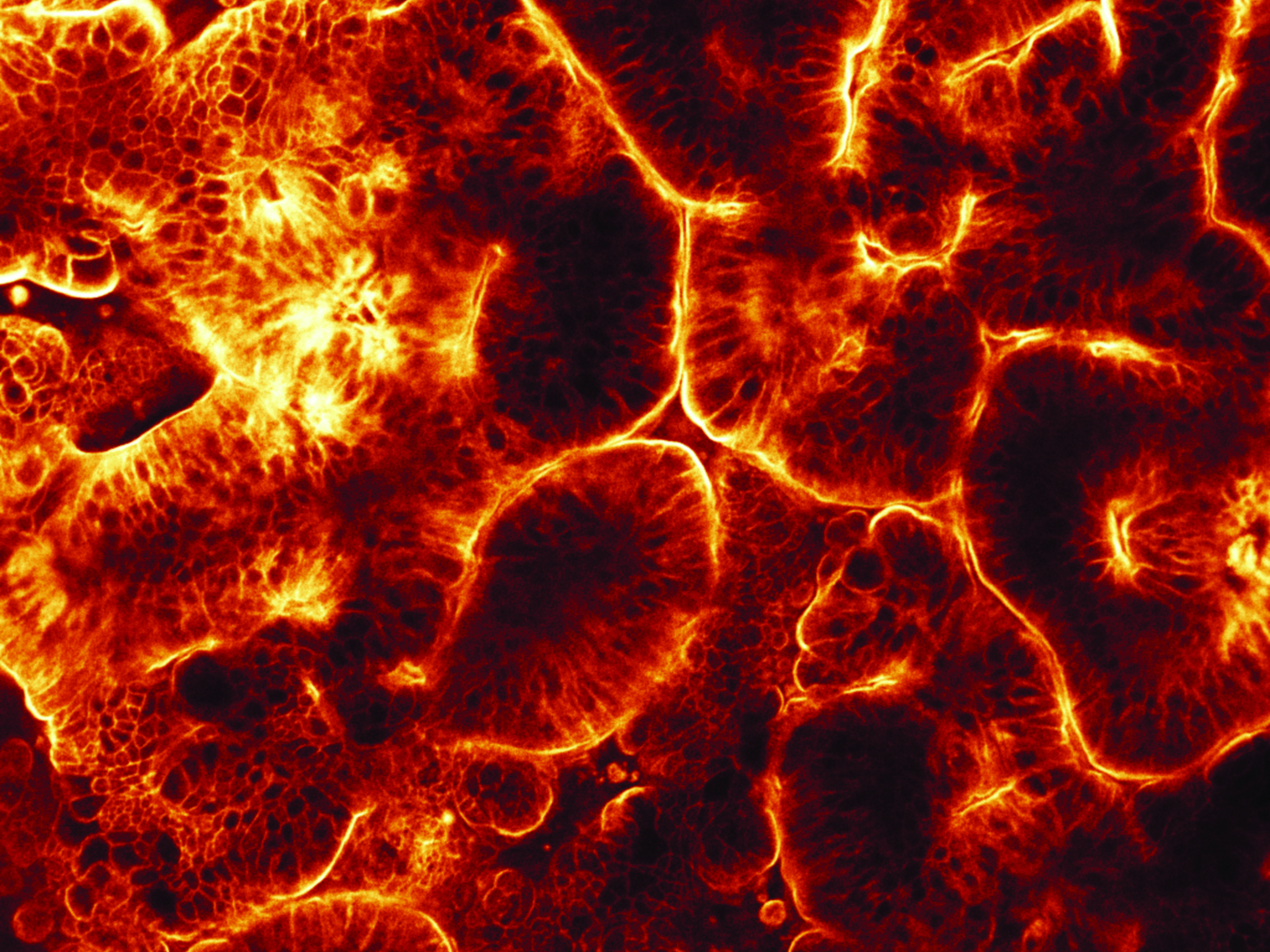
Hyun Jung Kim has been developing his "gut-on-a-chip" technology for more than a decade. These miniature systems represent accurate models of the patient's own gut, as well as the disease simulation. The aim is to use the patients’ own cells to test drugs and understand disease processes to determine the right treatment for the patient.
-
Remembering A.J. Welch, Professor Emeritus Who Helped Establish UT Biomedical Engineering
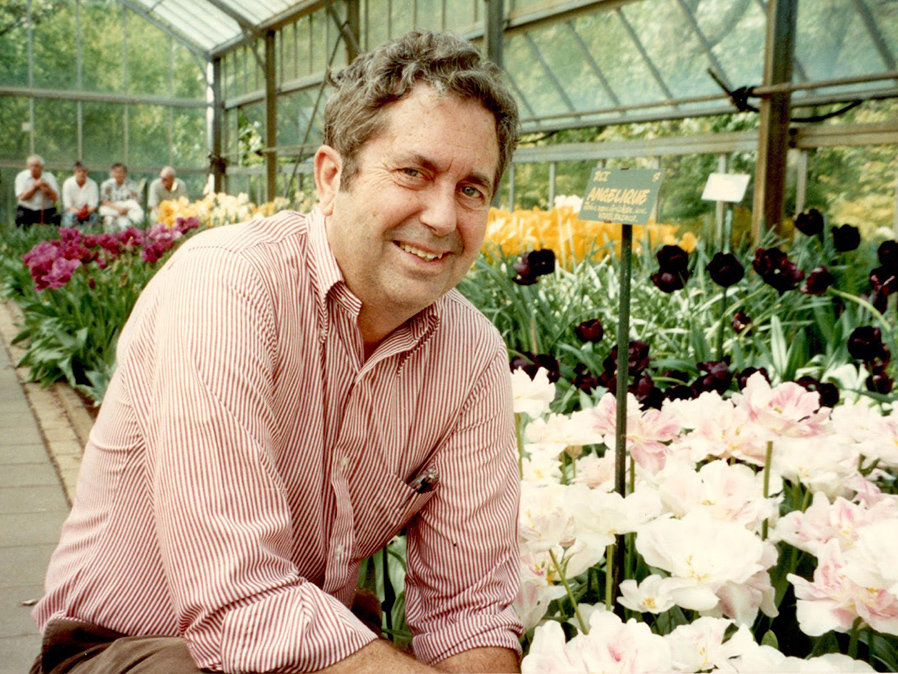
Ashley James (A.J.) Welch, a leading biophotonics researcher and one of the founding faculty members of the Department of Biomedical Engineering at UT, died at the age of 88 on January 1, 2022. Welch leaves a legacy of fundamental research and influence that carry on in the students he mentored and colleagues with whom he worked. Known for his patience, kindness, and ability to teach, the UT community mourns his loss.







